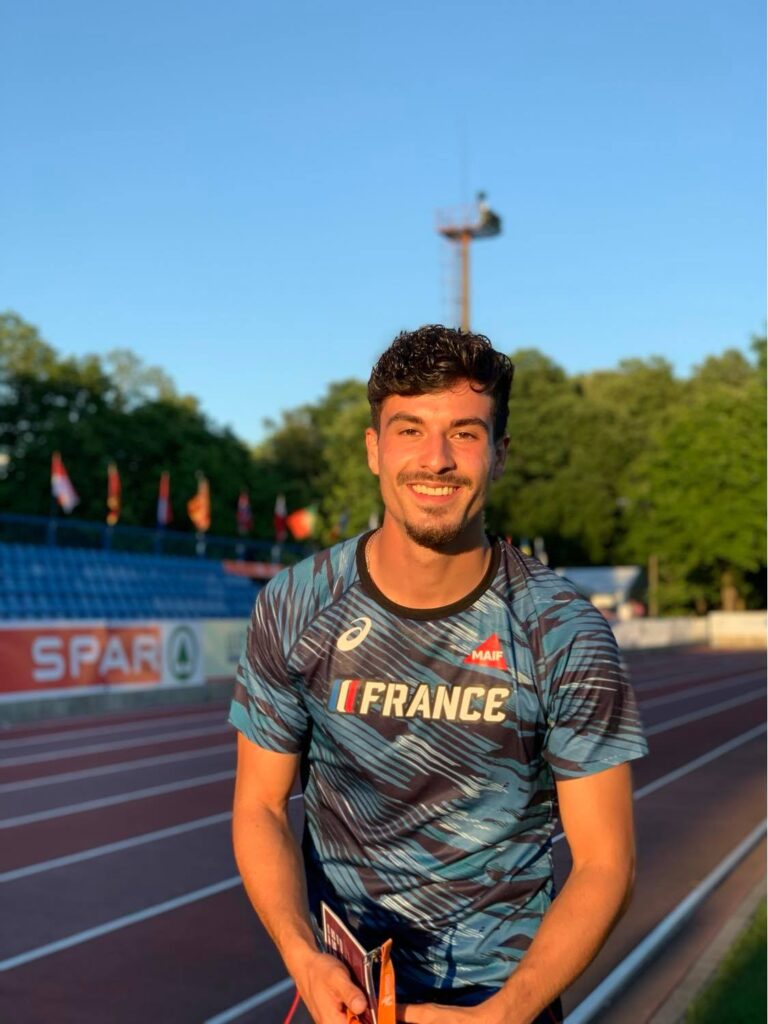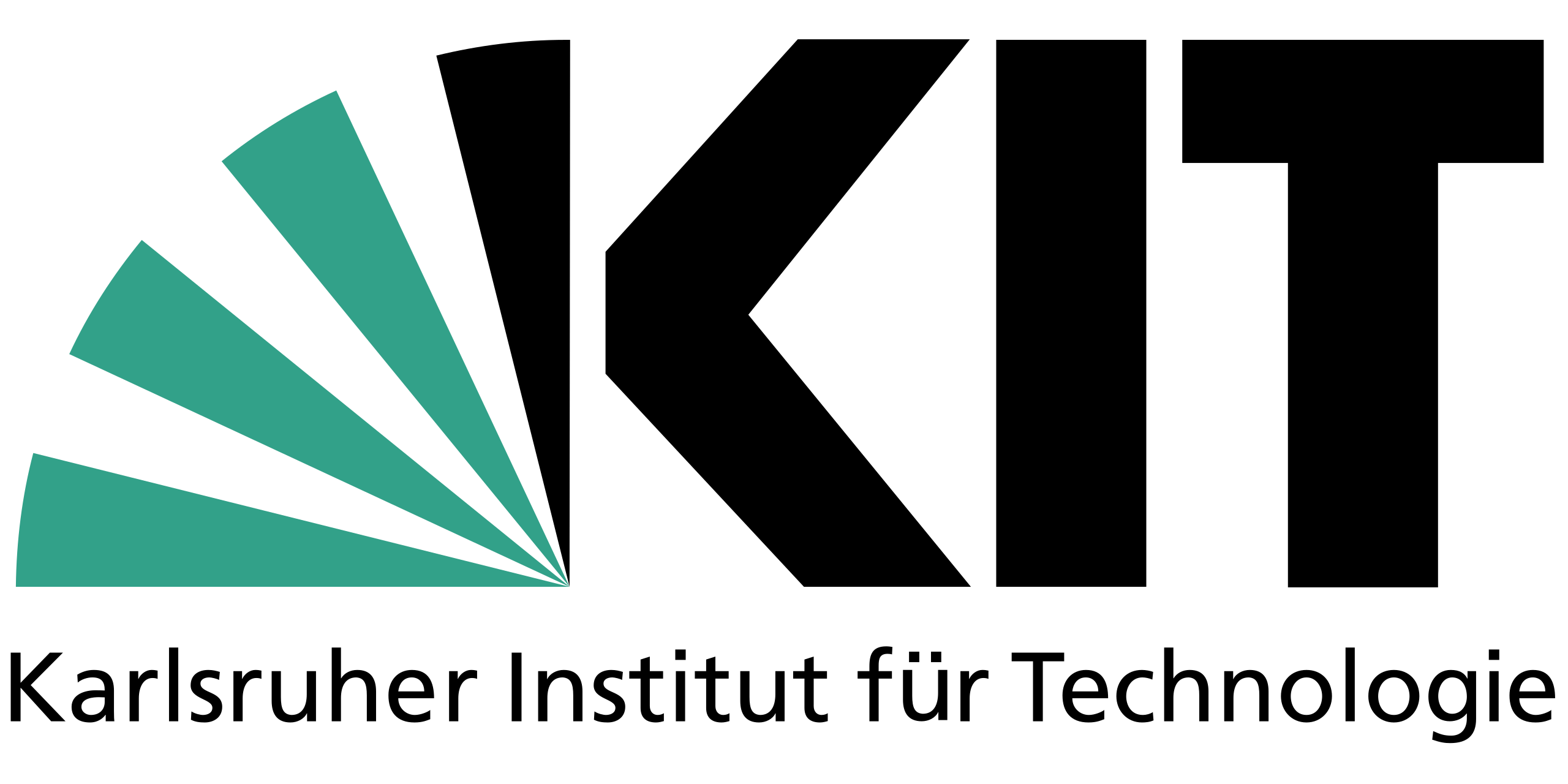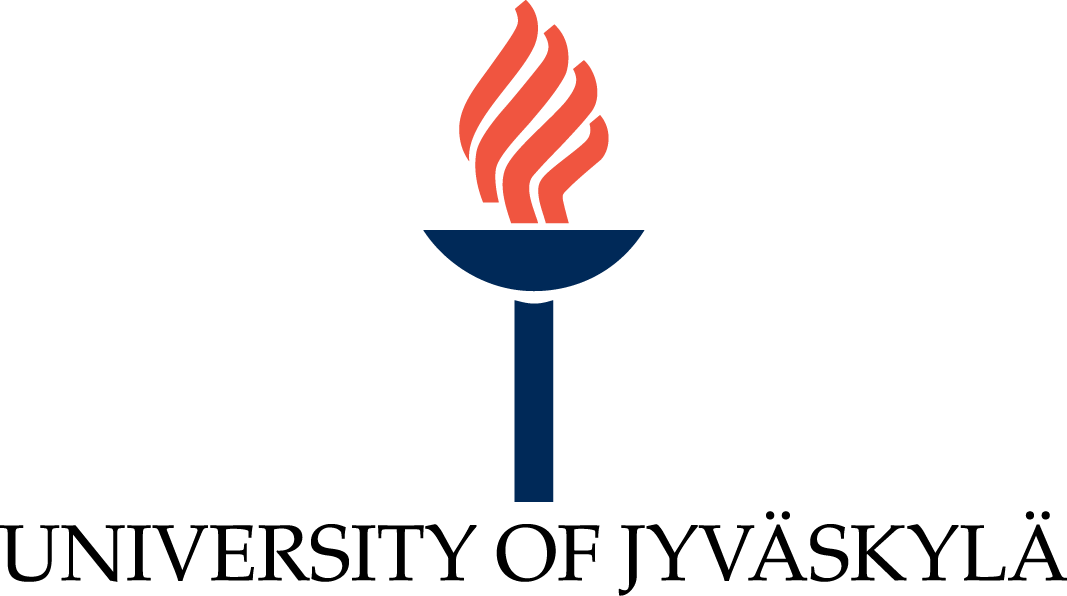Can you introduce yourself in a few words and your academic and sport paths?
My name is Léo El Achkar, I am 24 years old, and I am from France. I am a high-level athlete specialised in 110m hurdles and I am studying mechanical engineering at INSA Lyon.
How long have you been practising your sport and how did this passion come about?
I do track since I am 6 years old. I always liked to compete, to run against my friends and to give it all for the best performance. I started to do national and international competitions when I was 15/16 years old, and I never wanted to stop.
What made you choose the High Level Sports section? How did you discover it?
I chose High Level Sports section because I wanted to keep practicing my sport at high level while keeping studying at “high level”. It is not an easy thing to do in France because of the way the system works. Anyway, I heard about the sport section at INSA Lyon when I was looking for universities and it seemed like the best compromise to me.
What facilities and support have you received to facilitate your sport?
The most helpful aspect is that the organization of the schooling is adapted to our double project: the classes are spread over time, so the weekly schedule is lighter and gives us time to train and compete. We also have more flexibility concerning exam’s dates. Moreover, we have access to a gym and other services linked with the performance such as osteopathy or mental preparation.
Let’s talk about international mobility experience. Which destination did you choose for your international mobility, and why did you choose it?
I chose to go in Spain, at the University of Jaume I in Castellon de la Plana because it was one of the only destinations where I was sure I could keep training well. In fact, I joined two of the best Spanish hurdlers there, and I was able to keep my double project going.
How has this experience enrich you? What is your best memory so far?
The experience has enriched me in many ways. Sportingly first, I trained very well and was happy to have such training partners. I also met a lot of new people thanks to the sport and thanks to Erasmus organizations. Finally, I really improved my Spanish.
What does the SAMEurope project inspire you? In your opinion, what are the challenges for universities to adapt to top-level athletes?
I am grateful that this kind of project grows. It shows interest and recognition for athlete-students. We are achieving something that require will, organization and motivation and we have to overcome a lot of challenges. So, it is appreciable to be helped and to feel understood and accompanied. The challenge for the universities is to be able to communicate with the athlete-student to find the better way to organize the exchange and to make it profitable.






